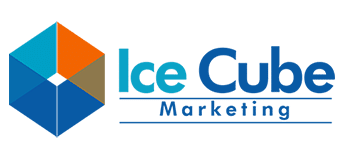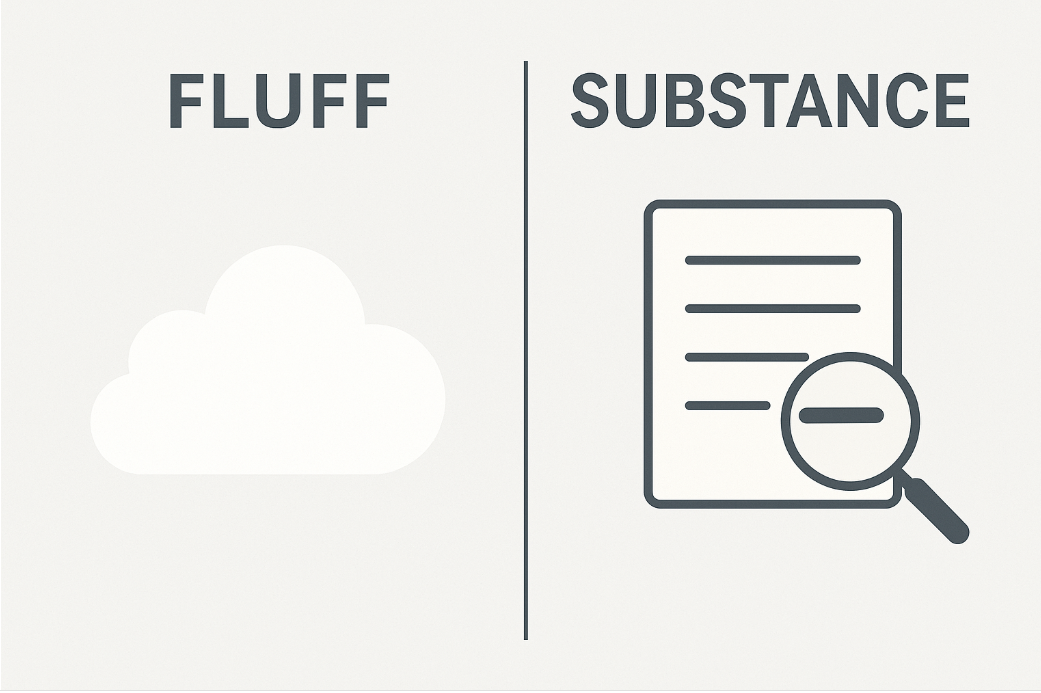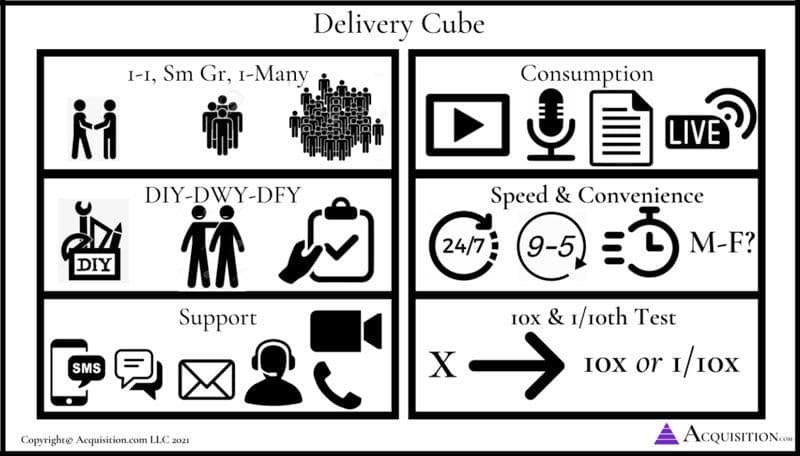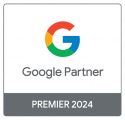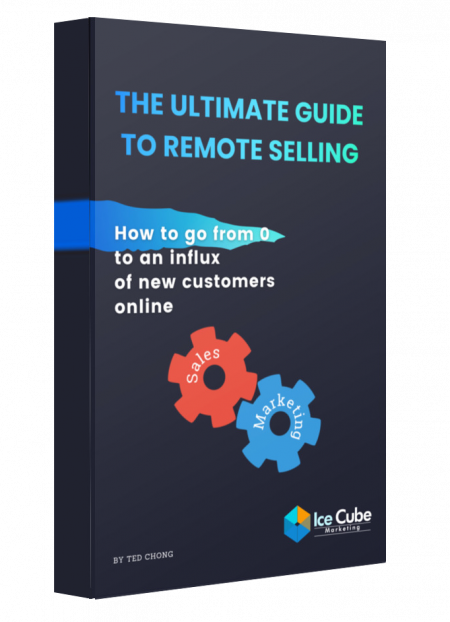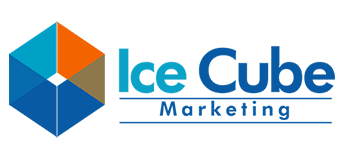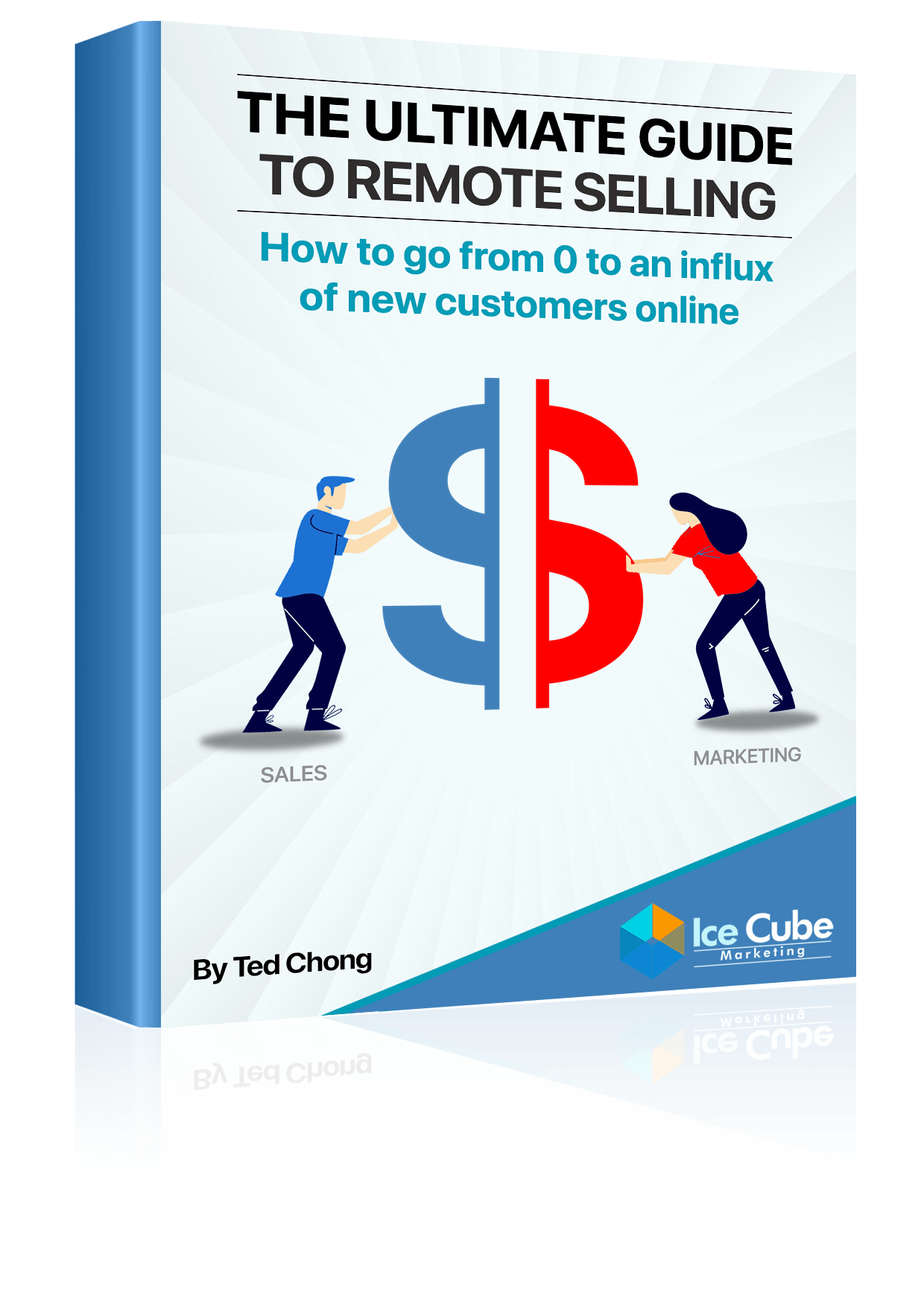Have you ever found yourself sitting through a five-minute conversation, only to realize you’ve caught no real substance in the speaker’s pitch? It’s like they’ve thrown a smoke bomb of fluff, leaving you confused and searching for the core message. We’ve all experienced this in face-to-face interactions, but what about the digital realm?
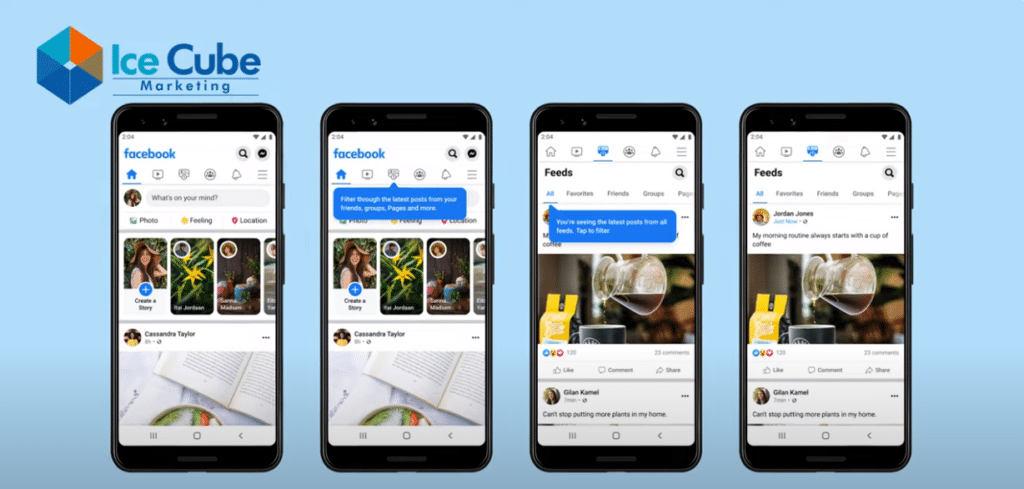
Clichés in the Digital Landscape
In the vast landscape of social media, particularly on Facebook, cliché ads and content lacking real substance are rampant. Statements like “We are the best tuition agency” or “We provide excellent customer service” flood your newsfeed, but do they convey anything meaningful? The answer is no. Generalized claims without specific details lack impact and fail to differentiate one business from another.
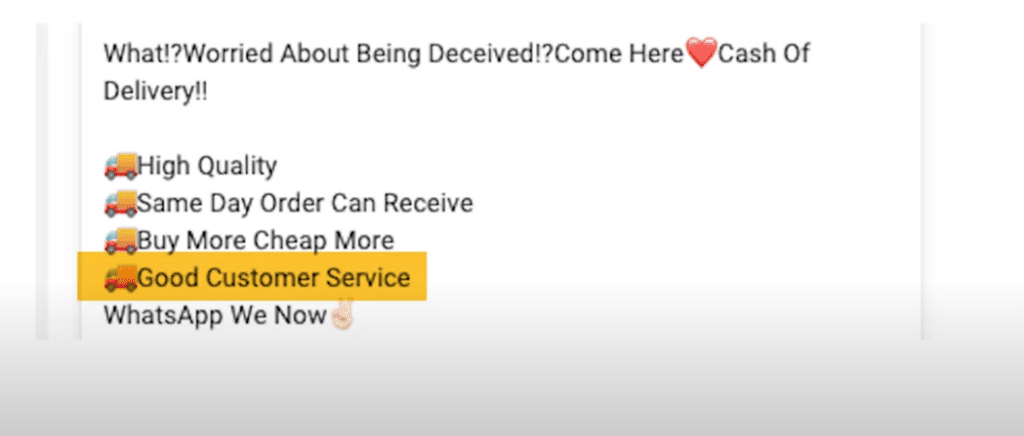
Turning Generic Claims into Tangible USPs
The power lies in being specific. Take, for instance, the analogy of a child completing homework. Saying, “I finished my trigonometry homework at 2 pm today in the school library” provides details and authenticity. Applying this principle to advertising, if your business prides itself on excellent customer service, delve into the specifics. How many individuals constitute your customer service team? Do you offer 24/7 support? What is your average response time? These details matter, and they transform generic claims into tangible, concrete Unique Selling Propositions (USPs).

Crafting Clear USPs: The Missing Link in Facebook Ad Success
A case in point is Singapore Airlines, known for its exceptional customer service. The airline invests in extensive training for cabin crews, covering safety, cultural sensitivity, and grooming for a minimum of four months. This level of detail is convincing because it goes beyond a mere claim and provides concrete evidence of commitment.
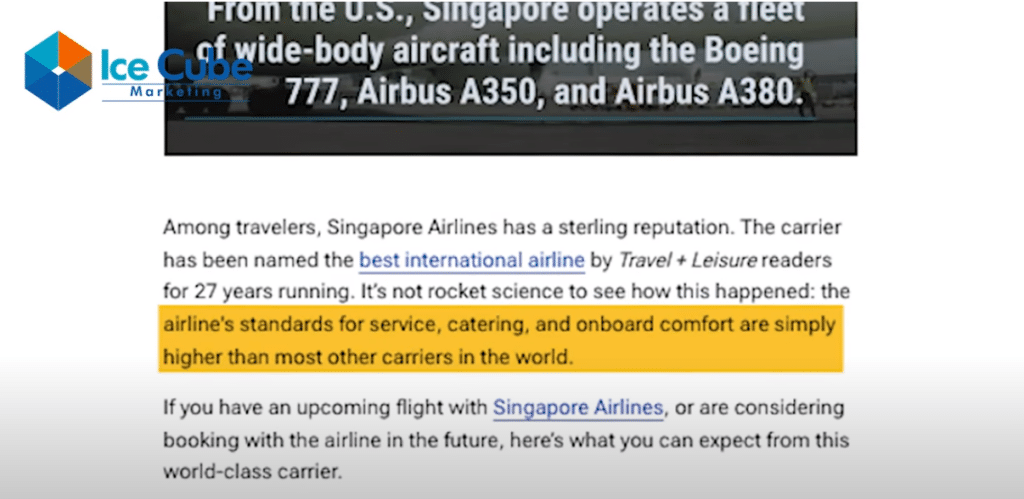
Interestingly, the challenge with many Facebook ads lies not in the campaign itself, but in the absence of clearly crafted USPs. When potential customers cannot connect with an ad or sense an attempt to deceive, clicks dwindle. A lack of engagement leads to higher advertising costs, as Facebook penalizes advertisers for low click-through rates.
AI-Generated Content Pitfalls
A common pitfall is resorting to AI-generated content, like that produced by ChatGPT, which may result in generic and vague messaging. It’s not about the intelligence of the AI; rather, it lacks knowledge about your target audience and business specifics to generate content that resonates.
Google Reviews: The Free Treasure Trove for Audience Insights
A treasure trove often overlooked for understanding your target audience lies in something free and readily available: Google reviews. These reviews, both from your business and competitors, serve as a goldmine of insights. Customers share their likes and dislikes, essentially offering a cheat code to understanding their desires. Leveraging these real insights in your ads allows your business to connect on a personal level, creating resonance and engagement.
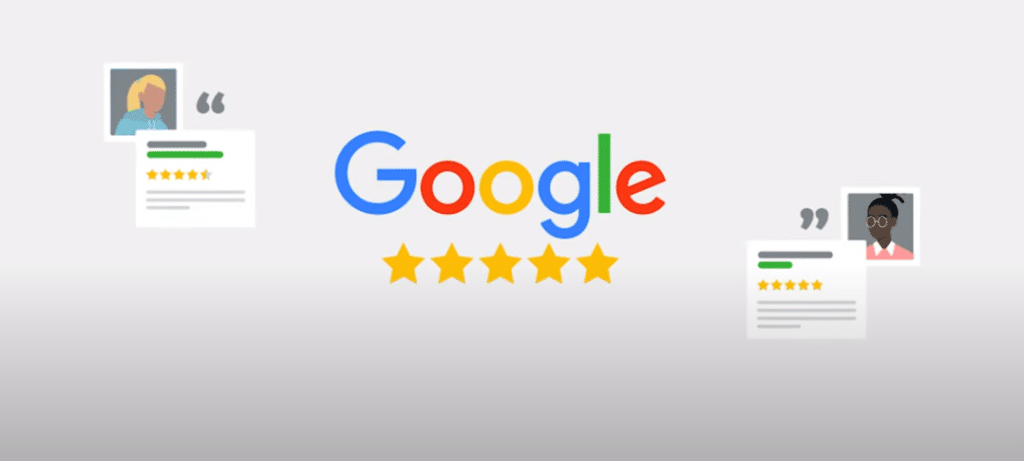
The key here is recognizing that what may seem ordinary within your industry could be a unique value proposition for your customers. Overcoming the curse of knowledge involves understanding that your customers do not possess the same industry awareness as you. Their insights, as reflected in Google reviews, can unveil aspects of your business that hold unique value.
Researching Your USPs: Turning to Google Reviews for Guidance
In essence, a little research before crafting ads can yield significantly better responses. Instead of struggling to identify your USPs, turn to your Google reviews. Discover what people appreciate about your service, and suddenly, you have meaningful and impactful content to share.
Moreover, expanding on the concept of specificity, it’s crucial to understand that providing details is not only about showcasing your strengths but also about addressing potential concerns. If, for instance, a common complaint in your industry is slow response times, emphasizing your quick and efficient customer service in your ads becomes a crucial differentiator.
Furthermore, consider incorporating customer testimonials into your content. Real-life experiences from satisfied customers add an extra layer of authenticity and build trust. Instead of making claims about excellent service, let your customers speak for you. Sharing positive feedback not only reinforces your USPs but also creates a connection with your audience.
From Specifics to Storytelling
It’s also essential to acknowledge the role of storytelling in effective advertising. People connect with narratives, and weaving a compelling story around your product or service enhances its appeal. Share success stories, highlight challenges overcome, and showcase the human side of your business. This approach humanizes your brand, making it more relatable and memorable.
Additionally, don’t underestimate the power of visual content. Incorporating high-quality images or videos into your ads can significantly enhance their impact. Visuals not only capture attention but also convey messages quickly and effectively. Whether it’s showcasing your product in action or highlighting your team’s dedication, visuals can complement your detailed and specific ad copy.
In conclusion, effective digital marketing goes beyond catchy slogans and vague claims. It thrives on specificity, authenticity, and real insights. By investing time in researching your target audience through Google reviews, crafting specific and detailed USPs, incorporating customer testimonials, storytelling, and visual content, you can transform your digital ads into compelling narratives that resonate with your audience. Break through the clutter, stand out in the digital crowd, and let your business shine with meaningful and impactful advertising.
